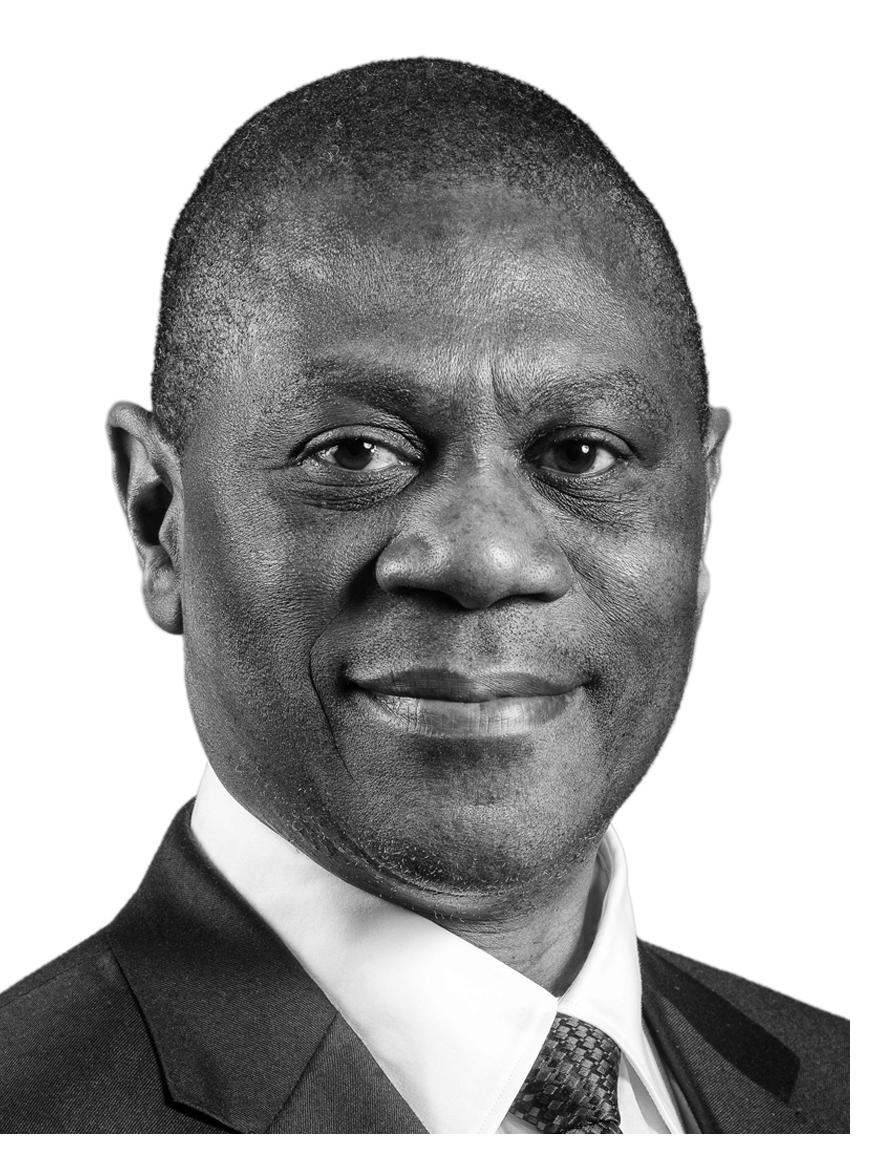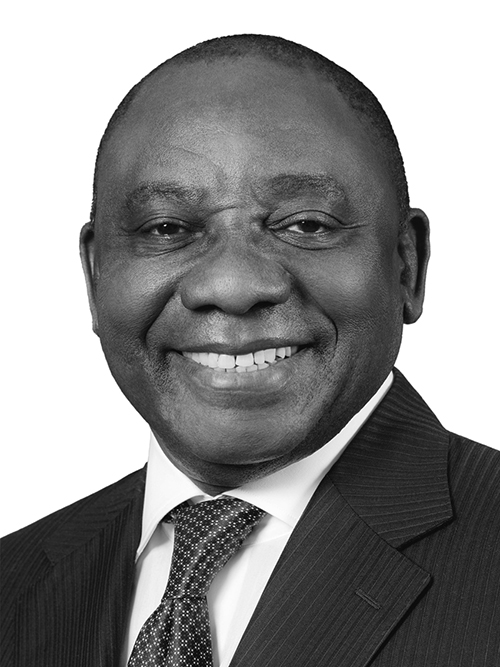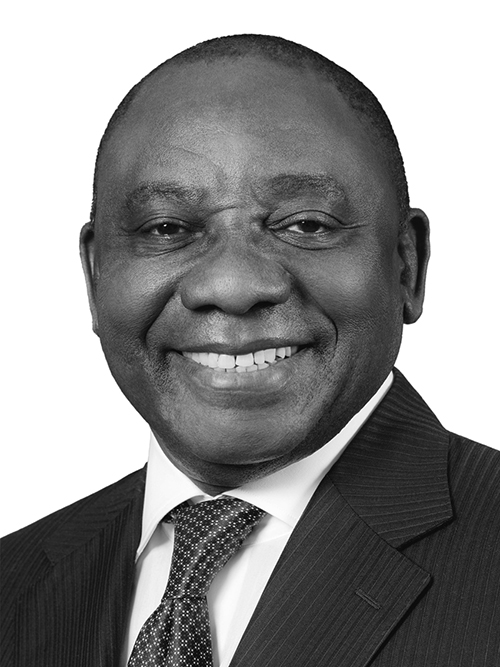Programme Directors, Ms Phumza Mfenyane and Ms Busisiwe Jemsana-Mantashe;
Premier of the Eastern Cape, Mr Oscar Mabuyane;
Eastern Cape MEC for Sports, Recreation, Arts and Culture, Ms Sibulele Ngongo;
Facilitator, Mr Mluleki Ntsabo, and Panel participants;
Leaders in the arts and sporting fraternities;
Distinguished guests;
Molweni,
Allow me to express my sincere apologies for not being able to join this important programme in person, this is due to some urgent responsibilities assigned to me by the President that require my immediate attention.
However, I recognise that this is a critical gathering that I did not want to miss as I believe that such engagements are crucial for the enhancement of social relations among South Africans and the fortification of the unity-in-diversity that we are continuously building as a nation.
Last month, I had an opportunity to be part of the launch of the 2024 South African Social Cohesion Index. The 2024 Index, which was conducted by the Inclusive Society Institute, offers a clear picture of where we stand in our collective journey towards social cohesion.
It provides us with insights into the strengths and challenges facing our nation, highlighting areas where progress has been made and areas that require urgent attention.
For instance, according to this research, the overall level of social cohesion in South Africa as a whole was found to be moderate at 53.3 points. It went through a steady, though slow, decline from 53.5 points in 2021 to 51.7 points in 2023.
Over the period from 2021 to 2024, social cohesion has improved only in the North West and Eastern Cape Provinces. I, therefore, encourage the Eastern Cape Province to continue on this path, since strong social cohesiveness strengthens the ability of communities to develop resilience generally and contribute to issues of economic, social and political significance.
Considering the effects that social cohesion has for the well-being of citizens, it should be continuously nurtured and platforms such as these must be encouraged and normalised.
Ladies and gentlemen,
There are various factors that contribute to social cohesion, which include social activities, such as sports, and a fair opportunity for education.
Sports and physical education can enhance social cohesion by offering a platform for interaction among people from diverse social and cultural backgrounds, thus contributing to vital intercultural exchanges.
Having served as the Minister of Arts and Culture, I have witnessed the significant role that sports, and the arts play in nation-building and promoting social cohesion.
Throughout history, sports have consistently served as a powerful tool for bringing people together, breaking down barriers, and creating unity. It continues to play a critical role in uniting people across racial, social, and economic divides.
In South Africa in particular, where our history has been defined by division, exclusion, and institutional injustice, sports has played an important role in forging bonds and establishing a new, shared national identity.
It is thus clear why, shortly after assuming the Presidency of South Africa, Tata Nelson Mandela opted to attend a football match at Ellis Park Stadium in Johannesburg to witness South Africa's victory over Zambia, rather than participating in the inauguration celebrations as the new President.
Madiba’s decision underscores the significance of sports in uniting individuals from diverse backgrounds. In 1995, President Mandela presented the award to the victorious Springboks Captain Francois Pienaar, symbolically wearing the green shirt bearing Pienaar's number 6.
These moments were more than sports events, but are symbolic acts of reconciliation, showing the potential of sports in bridging historical divides.
It is such moments that have shaped history and helped accelerate healing in a South African society torn apart by years of political dysfunction and inequality.
We have seen similar moments in years that followed, our triumphs in the 1996 African Cup of Nations, hosting a successful 2010 FIFA World Cup, winning the Rugby World Cup trophy twice, and most recently, the inspiring performances of our athletes in various global competitions.
Each of these achievements has reinforced our collective identity, demonstrating that when we play together, we win together. At the inaugural Laureus World Sports Awards in 2000, Nelson Mandela declared that:
“Sport has the power to change the world. It has the power to unite in a way that little else does. It speaks to youth in a language they understand. Sport can create hope where once there was only despair. It is more powerful than governments in breaking down racial barriers. It laughs in the face of all types of discrimination. The heroes sport creates are examples of this power. They are valiant, not only on the playing field but also in the community, spreading hope and inspiration to the world.”
I am reflecting on Madiba because I believe this dialogue aligns with Nelson Mandela's ideals of a socially cohesive society.
This generation must persist in fostering social cohesion to establish a truly equal, united, democratic, non-racial, non-sexist, and prosperous South Africa.
Building a socially cohesive society requires dedicated effort to promote positive social relationships that unite us.
This dialogue must therefore guide us on how we can further use mediums such as sports, arts and culture to build a cohesive society, and how we can use these as platforms where we can stand together to deal with social challenges that confront us such as drug & substance abuse, Gender-Based Violence and Femicide, racial division, inequality, tribalism and poverty.
We need to engage in ongoing discussions about accelerating sports transformation to guarantee equal opportunities for all. It is important that we work towards creating an inclusive and diverse sporting environment where everyone, regardless of race, religion, or background, has equal opportunities to participate, grow, and excel in their sports careers.
Manene nama Nenekazi,
The Eastern Cape Province must promote sustainable growth in the sporting and creative sectors while preserving South Africa's culture and rich heritage, thus reaffirming our commitment to a socially cohesive society in line with the National Development Plan 2030. As you are aware, we are a few years away from 2030, and it is critical that the Government in all its efforts speeds up the execution of the programme outlined in the NDP and the Medium-Term Development Plan.
The Province must further implement and support transformative programmes towards ensuring the inclusion of women, children, people with disabilities and youth in sports, recreation, arts, and cultural activities.
Together, we need to coordinate our efforts to ensure that culture and sports activities bring us together, and that they not only demonstrate the ideals of equality and fair play, but they also serve as effective catalysts for transformation at a global level.
Furthermore, our programmes of social cohesion, in sports, arts and culture, cannot afford to leave communities living in rural areas behind. We must incorporate rural communities into all sporting codes to ensure fair competition and equal opportunities for people from underprivileged and marginalised geographical backgrounds. In short, let us invest in sports infrastructure in rural areas for the betterment of the people.
During his State of the Nation Address last month, President Cyril Ramaphosa emphasised the importance of the National Dialogue in fostering unity and cooperation among South Africans. The President reminded us that the National Dialogue must reaffirm that every citizen has a role to play in building the nation through various initiatives, including sports, arts, culture, and heritage protection and promotion.
In this fashion, we will be able to bring diverse voices together to address the country's challenges and work towards a shared vision of a prosperous and inclusive South Africa.
Part of that process should be channelling investments in our sports programmes, infrastructure facilities as well as support systems so that we are able to fully unlock the potential of sports in building greater social cohesion.
For sports to truly serve as a tool for social cohesion, we must shift our mindset from viewing it as an elite pursuit to embracing it as an everyday activity for all. This means investing in school sports, grassroots development, and community-based programmes that make sports accessible to everyone.
Ladies and gentlemen,
As we celebrate Human Rights Month this month, we should remember that sport is anchored in human rights values. It promotes fairness, non-discrimination, respect, and equal opportunities for all. As it reaches billions, including young people, it is an instrument for societal change through empowerment and inclusion.
The sports sector also faces many challenges, such as instances of racism, exclusion, and compounded discrimination. We have to work together to promote social cohesion by eradicating racism and other forms of discrimination in sports.
As we engage in thoughtful dialogue and exchange ideas today, let us commit to taking concrete actions that will drive meaningful change in the world of sports.
Let us strive to create a more equitable, inclusive, and accessible sporting landscape where everyone has the chance to shine.
I am confident that through our collective efforts and shared commitment to sports transformation, we can create a brighter and more united future for all.
Let us, therefore, work together to level the playing field in sports and beyond.
Enkosi! Thank you! Siyabulela!










